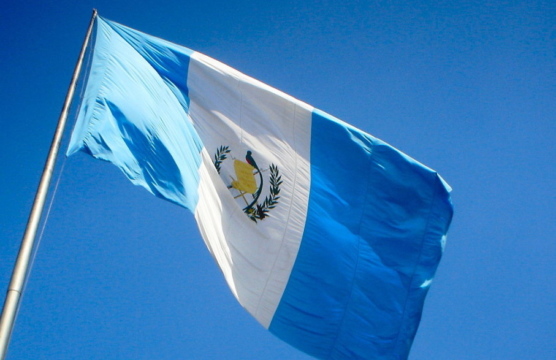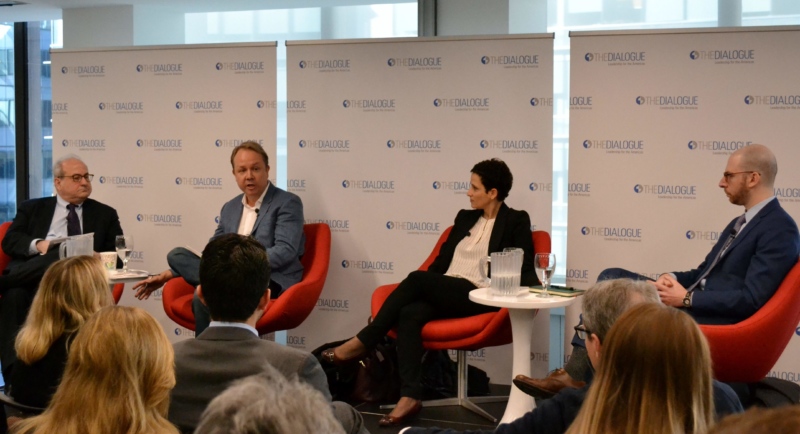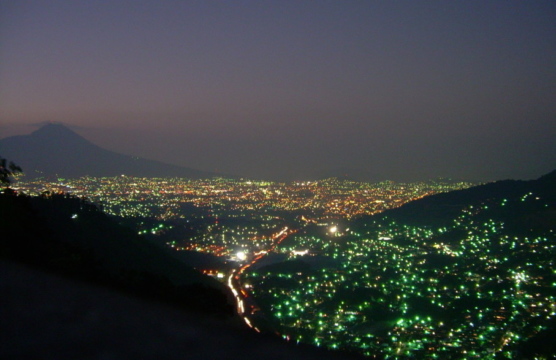
Are Countries Making Progress in Fighting Corruption?
Which countries in the region are making strides in fighting corruption, and which are falling short?
On February 27, the Inter-American Dialogue partnered with Americas Quarterly (AQ) to host an event titled “Brazil’s Elections and Latin America’s Volatile Politics.” The Dialogue’s Michael Shifter moderated an open discussion with Brian Winter from AQ, Monica de Bolle from the Peterson Institute of International Economics, and Roberto Simon from FTI Consulting. This discussion drew from AQ’s January issue, Latin America First?, which explored underlying themes in the region’s election super-cycle. The speakers also addressed the political and economic circumstances facing Brazil’s presidential elections.
Shifter pointed out that the first sentence of AQ’s issue claimed that “corruption will be the defining issue in Latin America’s 2018 elections.” He contested that by citing instances where regional developments are showing something else. In Costa Rica, a decision in support of same-sex marriage by the Inter-American Court on Human Rights promoted the rise of an evangelical candidate. In Colombia, the Venezuela crisis has forced the state to address refugee inflows. While corruption appeared to be the salient issue in Brazil, the federal government’s deployment of security forces in Rio is now at the center of public discourse.
“I’ve been to seven Latin American capitals in the last twelve months and there’s one commonality... people hate their government” - @BrazilBrian #AQDialogue pic.twitter.com/NhiPPaYAm5
— The Inter-American Dialogue (@The_Dialogue) February 27, 2018
Winter stressed that even though Latin America is not homogenous, a commonality exists: people hate their governments. Throughout the region there are competing forces between the anti-establishment and the politics-as-usual crowd. The end of the commodity boom and a Western rejection of the status quo have allowed for the ascendancy of anti-establishment candidates such as Jair Bolsonaro in Brazil. Bolsonaro has established himself as a “clean politician” who will address Brazil’s growing insecurity problem and public frustration with status quo politics. Even though he is not a political novice, this is the first time he has appeared on the national stage.
De Bolle contributed her analysis on Brazil’s current economic environment and its future governing challenges. At the moment, the Temer government has failed to take advantage of Brazil’s economic recovery from the recession. She argued that this is because government policies did not contribute to the recovery. Furthermore, the recovery has not been felt by the entire population. Unemployment has remained at 15 percent coupled with uncertainty over a long-term recovery in the labor market. De Bolle concluded that the current recovery has not amounted to much. Unfortunately, the government’s weakened mandate has hindered its ability to enact ambitious policies such as the failed pension reform.
“I don’t think Lula will be allowed to run... it’s very difficult to see at this point the electoral courts allowing him in.” -@robertosimon #AQDialogue pic.twitter.com/vKtGuqzzYE
— The Inter-American Dialogue (@The_Dialogue) February 27, 2018
Simon analyzed the implications of Lula’s corruption charges in the presidential election. He predicted that Lula will be barred from running. This raises uncertainty about where Lula’s voter base will go. According to Simon, it is possible that the Worker’s Party (PT) is buying its time until it can find a suitable replacement that Lula can endorse. There are other factors to look out for, such as the electoral deadlines on April 7. Voters have the opportunity to change their party affiliation and executive office will have to resign if they run for office. Simon explained that there has been traditionally been a rivalry between the PDSB and PT. In that situation, it was easy to predict voter behavior based on education income, and zip code. Now, it may seem that these two pillars may fall apart.
While Lula’s corruption charges have remained in place, many wondered why he remains popular. The panelists cited nostalgia for Lula’s presidency. His supporters believe that even if Lula is “no different from other corrupt politicians” he at least governed. The old guard in Brazil’s political elite also wants him to remain in the race. They would prefer that he be defeated electorally than create a political martyr.
Regardless of who wins, there will be steep governing challenges that the new administration will face in its security, economy, and overall stability. Bolsonaro may be tapping into popular discontent, but that may not be enough.
Which countries in the region are making strides in fighting corruption, and which are falling short?
Organized criminal groups pose an increasing risk to democracy and the rule of law in El Salvador.
Over the past weeks, public discontent with the administration of President Dilma Rousseff has continued to rise.
 Irene Estefanía González / The Inter-American Dialogue
Irene Estefanía González / The Inter-American Dialogue
 Video
Video